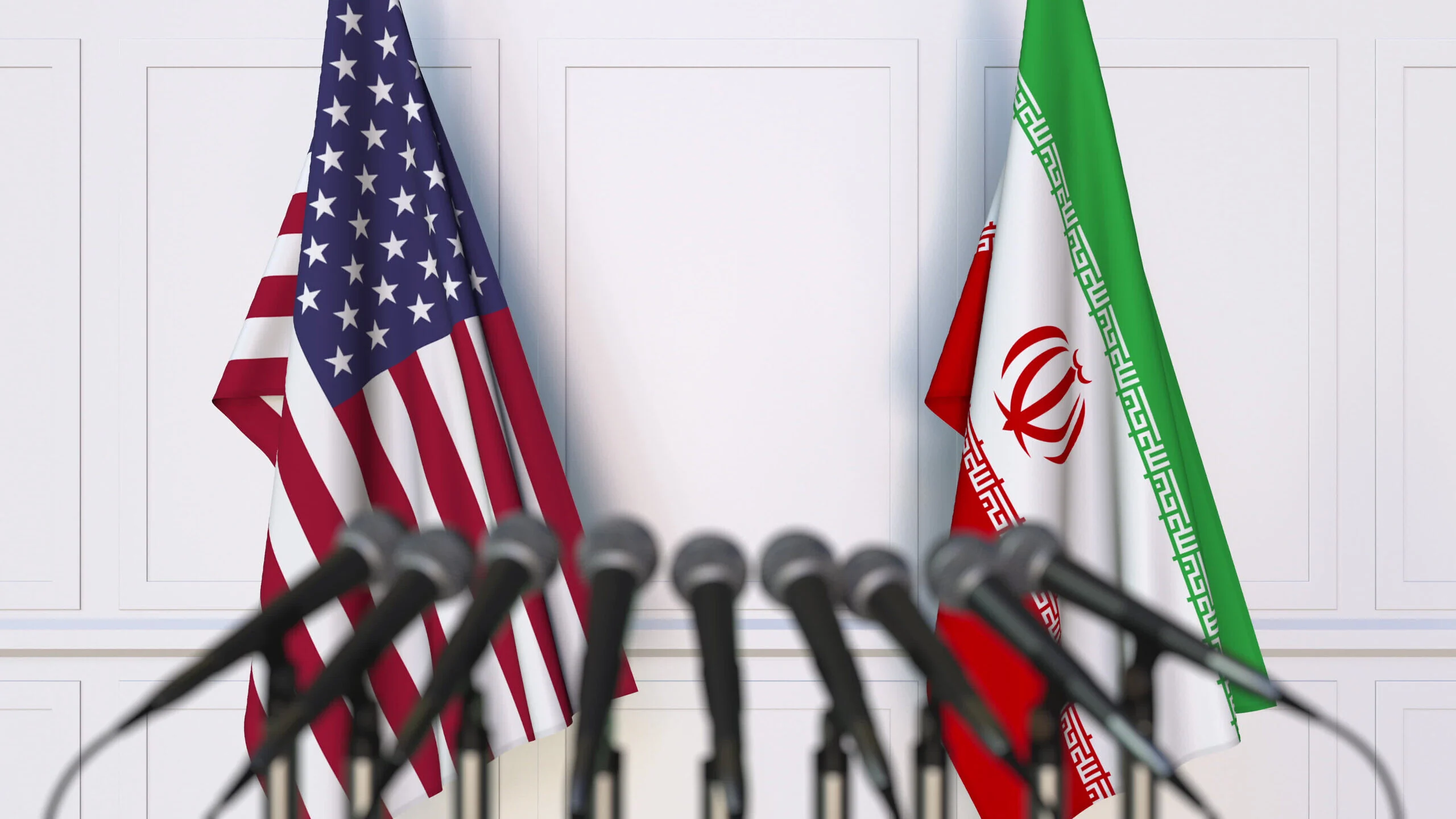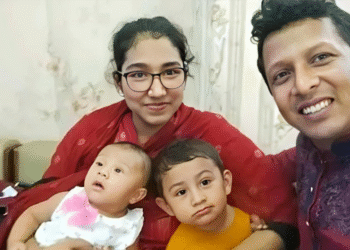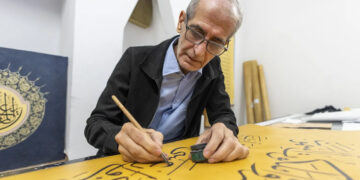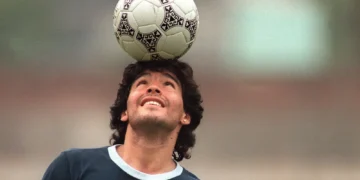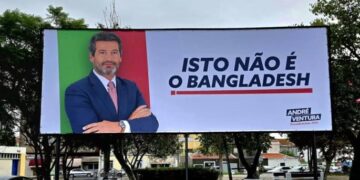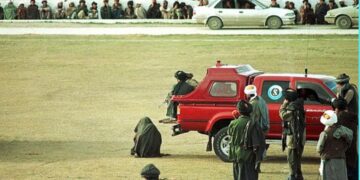The Hopeful Beginning: A Glimmer of Peace
A tragic turning point of the US-Iran nuclear talks and the shadows of the past. In the delicate landscape of international relations, few events have carried the weight of tragedy and uncertainty like the ongoing US-Iran nuclear talks over their nuclear agreement.
This narrative is deeply intertwined with years of mistrust, broken promises, and the looming specter of conflict. When former U.S. President Donald Trump announced the withdrawal from the Joint Comprehensive Plan of Action (JCPOA) in 2018, it was more than just a political decision. It was a dramatic rupture in what had seemed, for a brief moment, like a fragile path toward peace. The breakdown of the US-Iran nuclear talks marked the beginning of a new era of heightened tensions.
The JCPOA, often referred to as the Iran nuclear deal, was seen as a rare moment of diplomacy in an otherwise volatile relationship. It was not just a victory for political leaders but a hopeful step for the citizens of both countries, who had long endured the consequences of mistrust and conflict. The US-Iran nuclear talks had presented a fleeting opportunity for peace, one that seemed doomed by a single decision.
The Shattering of Trust: The Fallout from the U.S. Withdrawal
But like so many moments in history, the US-Iran nuclear talks were not to last. The withdrawal from the JCPOA by Trump’s administration was viewed by many as a devastating blow, not only to the agreement itself but to the delicate fabric of peace that had been painstakingly woven over the years.
The tragedy wasn’t just political it was deeply human. As sanctions were reimposed on Iran, the Iranian people felt the crushing weight of economic hardship. Their lives, already fraught with uncertainty, grew more tenuous. The price of everyday goods soared, the healthcare system strained, and the hopes of an entire generation seemed to flicker out. The US-Iran nuclear talks had offered a brief hope, now dashed.
Meanwhile, the United States was not immune to the consequences of this breakdown. The world grew more fragmented, with allies questioning Washington’s commitment to diplomacy. For the people of both nations, the collapse of the US-Iran nuclear talks was not a distant political event; it was an unfolding personal tragedy. Families in Iran watched as the cost of living spiraled out of control, while families in the U.S. wondered if they, too, would bear the brunt of the fallout from a deteriorating global order.
The Tragic Human Cost: How the Collapse of the Deal Affected Lives
The tragedy wasn’t confined to the realm of politics or economics. It seeped into the daily lives of ordinary people. In Iran, where inflation skyrocketed and job opportunities dwindled, people felt abandoned by their government and the international community. Businesses closed their doors, the youth faced a dim future, and families struggled to make ends meet.
Read More: 49 Arrested for Nationwide Looting in Bangladesh: Majority from Khulna, Sylhet, and Gazipur
In the U.S., the diplomatic collapse of the US-Iran nuclear talks brought about a loss of international trust and respect. It wasn’t just about losing a deal; it was about the toll that this breakdown took on relations, with tensions growing between nations that had once hoped for cooperation. People in the U.S. felt the effects, too, as the ripple effects of global instability affected trade, security, and even the economy.
Renewed Negotiations Between the US and Iran and Hope for Healing
Yet, in the midst of this tragedy, there remains a glimmer of hope. The United States and Iran are once again engaged in US-Iran nuclear talks, seeking a resolution to their nuclear impasse. While the negotiations may seem like a mere political maneuver, they carry the weight of history. They hold the potential to heal old wounds or deepen them.
For the people of both nations, these US-Iran nuclear talks represent a chance to end the cycle of distrust and suffering, to restore what was lost in the wake of the 2018 decision. As these two nations sit at the negotiating table, the tragedy of the past is never far from their minds. The specter of war looms large but so does the desire for peace a peace that has for so long seemed just out of reach. The US-Iran nuclear talks have a chance to finally break the cycle.
The Tragic Legacy: Will History Repeat Itself?
As the world watches, the tragic reality remains: every move made in the US-Iran nuclear talks will be scrutinized, with the weight of past failures looming over every decision. The tragedy of the Iran nuclear talks is not just a story of international diplomacy; it is a deeply human one, shaped by the lives of ordinary people caught in the crossfire of global politics.
In the coming months, as the United States and Iran continue their nuclear talks, one question will remain: can they find a way forward that heals the wounds of the past and offers hope for the future? Or will history repeat itself, with more lives lost, more promises broken, and more opportunities missed? The US-Iran nuclear talks could determine whether peace or conflict prevails.
The Human Impact: Will Diplomacy Heal the Scars?
The tragedy of the US-Iran nuclear talks is not just a political story; it is a human one, filled with the hopes, fears, and dreams of the millions whose lives are intertwined with the outcome of these talks. And as the world watches, we are left to wonder: can diplomacy truly heal the scars of the past, or will we be doomed to repeat the mistakes of history?

